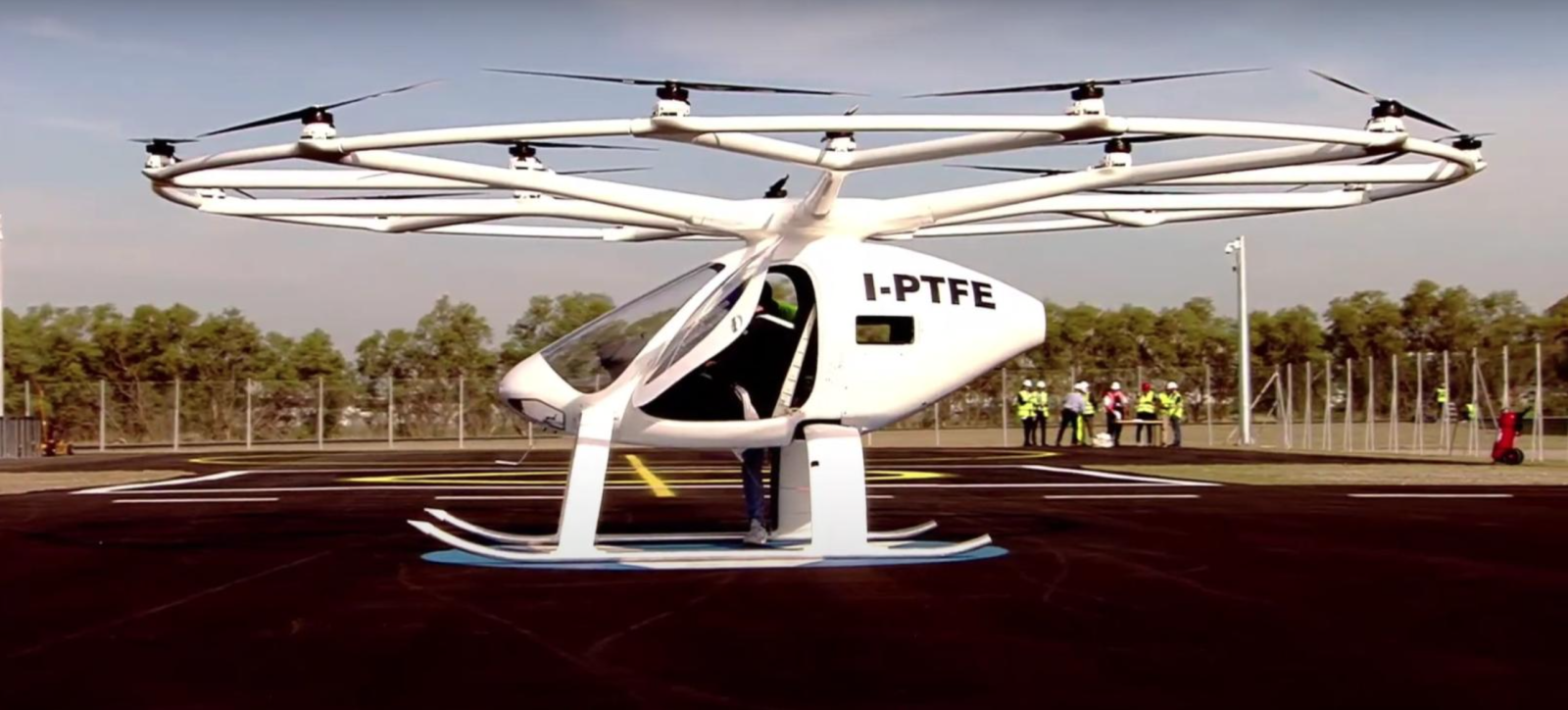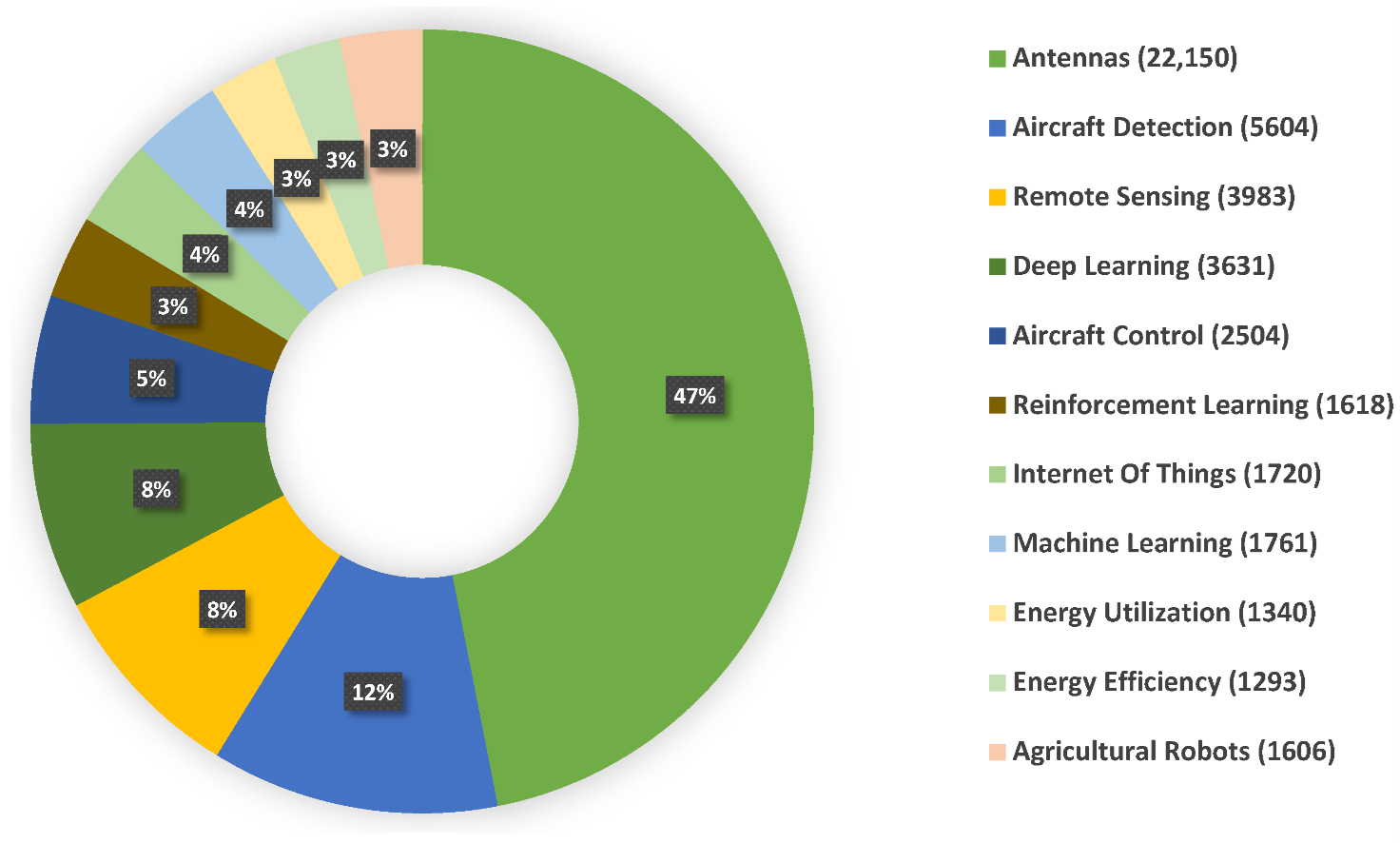How to deal with the huge number of
informations provided by scientific research today? And, how these informations
can be transformed into political decisions? These could be the questions that
brought the Organization of United Nations (UN) to create a new board of
scientists, which will refer directly to the UN Secretary-General, Mr Ban Ki
Moon, and to others heads of the main organizations of the Un system. The
Board, announced
on 18th September by Ban Ki Moon, will be charged with helping political
decision makers by ensuring up to date scientific point of views on a wide
range of scientific fields dealing with sustainable development. The first
session of the Board will be held in the beginning of 2014.
The Scientific
Advisory Board (SAB) will be composed by 26 outstanding scientists, among which there are
the Italian physicist Fabiola Giannotti, the Israeli Nobel Laureate Ada Yonath,
the Egyptian Nobel Laureate Ahmed Zewail and Rajendra Pachauri, chair of the
Intergovernmental Panel on Climate Change (IPCC). The SAB is meant
to provide up-to-date scientific rigorousness into the high-level policy
discussions. Its work will be generally divided into three
areas: first, SAB will provide recommendations on priorities for panels such as
the IPCC; it will identify scientific gaps to be explored by scientific
research inside or outside the UN system; finally, it will advise on public
understanding of science. This means that the SAB will deal with several
scientific and cultural fields, such as engineering and technology, social
sciences and humanities, ethics, health, economic, behavioral and agricultural
sciences, and, of course, the environmental sciences.
Someone had raised the issue of the
necessity of another advisory board in the UN system. To them Irina
Bokova,
UNESCO Director-General, answered positively, as she stated that “the creation
of the Scientific Advisory Board follows on a wide-ranging consultation work
entrusted to UNESCO by the UN Secretary-General Ban Ki-moon”, adding that the
Board “brings together scientists of international stature, and will serve as a
global reference point to improve links between science and public policies.”
Jörg Hacker, president of the German National Academy of Sciences and one of
the board's designated members, said
that “this
is a further sign that scientific expertise is becoming more and more important
in political decision-making”. The members of the Board will serve pro bono
for two years, renewable for other two years, upon the decision of the Secretary-General.
The idea of a Scientific Board to help heads in the Un system comes through a document, the “Resilient People, Resilient Planet: a future worth choosing”, issued by the High level Panel on Global Sustainability and addressed to Un Secretary-General in January 2012, which had recommended a “major global scientific initiative to strengthen the interface between policy and science. This should include the preparation of regular assessments and digests of the science around such concepts as “planetary boundaries”, “tipping points” and “environmental thresholds” in the context of sustainable development”.


 Distribuzione delle principali linee di ricerca sugli aeromobili a pilotaggio remoto
Distribuzione delle principali linee di ricerca sugli aeromobili a pilotaggio remoto